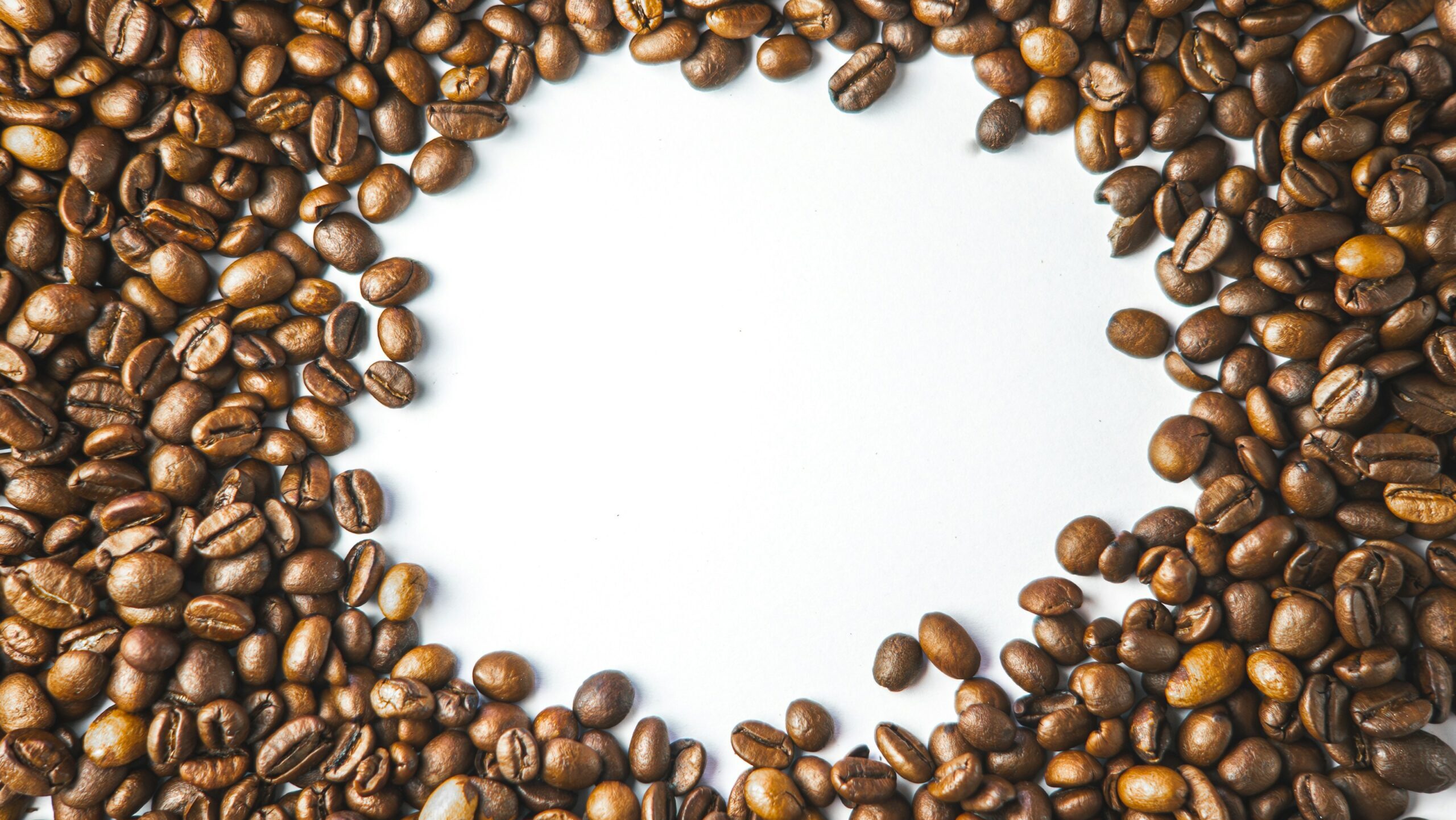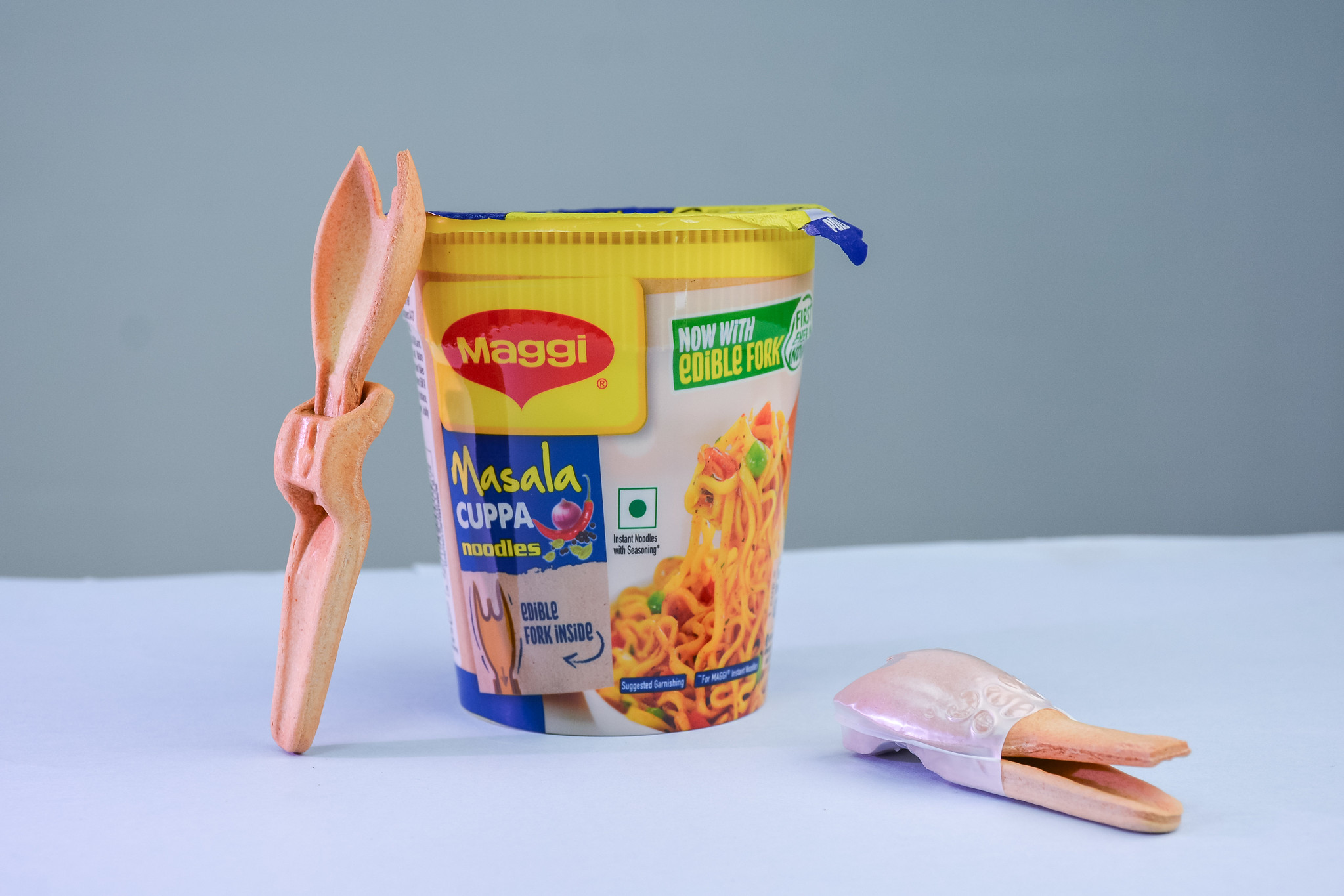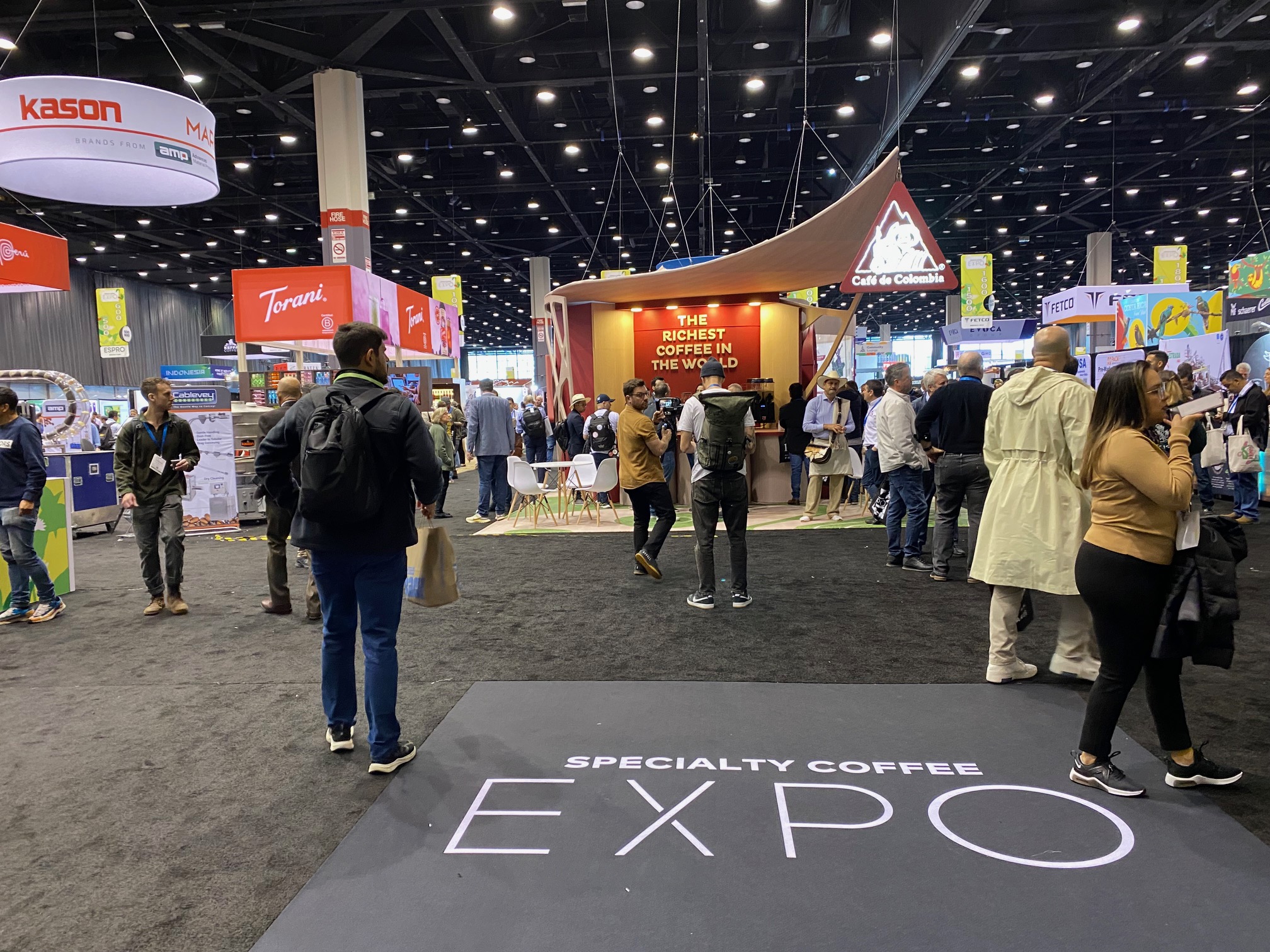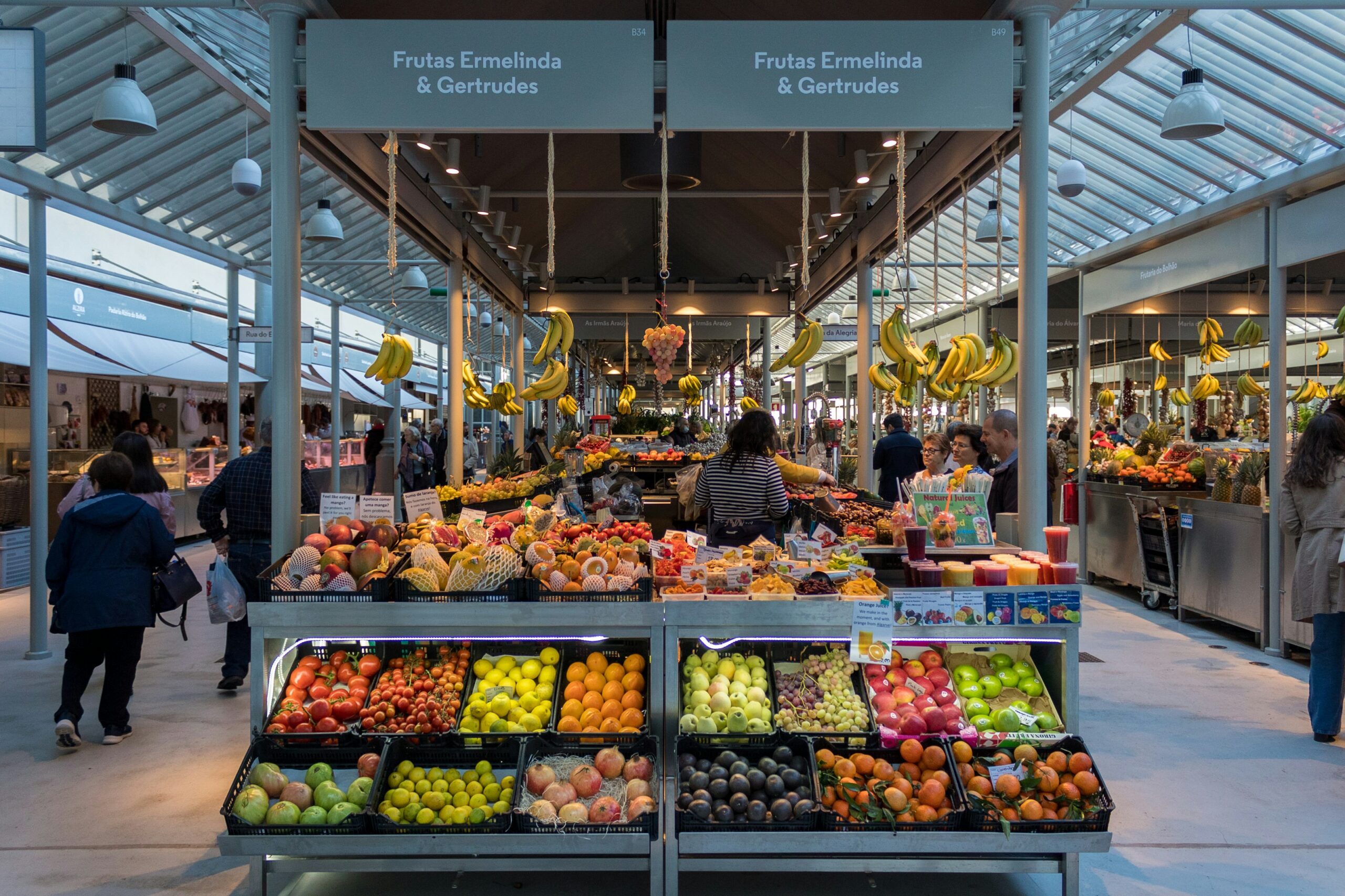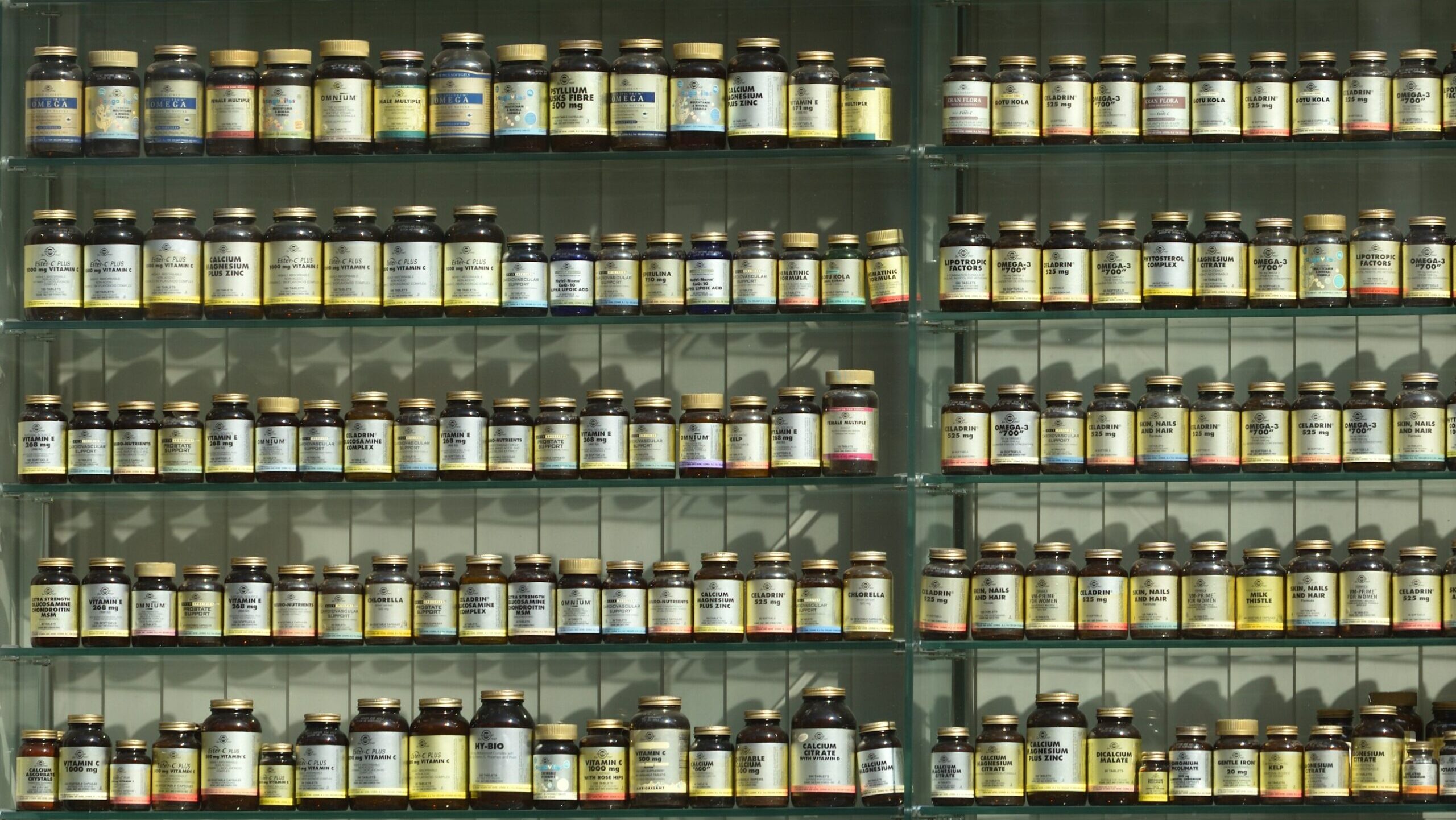Modern consumers are considerably more environmentally conscious than previous generations, and businesses are taking note.
Climate change continues to be a significant issue. All around the world, people are doing their part to reduce waste. Not only is it good business practice, it’s the food industry’s responsibility to consider the long-term sustainability of its practices, Viktor Holas, founder at Coffee Holli and a certified barista, told The Food Institute.
Annie Morris, editor in chief of Made in CA magazine, said that sustainable coffee, like the one being launched soon by Minus Coffee, is one way that companies can reduce their environmental footprint while still delivering a delicious product. Sustainable coffee offerings have the potential to really catch on, according to industry insiders.
“While it’s always difficult to predict the success of any particular product or company, I believe that sustainable options like this one have a good chance of finding a market and gaining popularity in the coming years,” Holas told The Food Institute.
Minus Coffee’s new, sustainable product is unique in that it won’t contain any coffee beans, which represent a crop that is the sixth most pollutive agricultural process concentrated in regions around the equator, according to Food Business News. Instead, Minus Coffee roasts upcycled roots, seeds and legumes, which are then brewed in a fermentation batch with caffeine, Maricel Saenz, CEO of Minus Coffee’s parent company, Compound Foods, told Food Business News.
In addition to those environmental benefits, other advantages of drinking beanless coffee include its portability, affordability and sustainability when compared to regular coffee, Morris told The Food Institute.
“Thanks to advancements in food processing techniques, producers are now able to extract the necessary flavors and aromas from a variety of natural sources such as cocoa shells or brown rice husks—all while avoiding the need for large amounts of energy or labor intensive processes like roasting,” Morris said.
Compound Foods raised $4.5 million in a seed round last year to improve the formulation and develop and scale the fermentation technology, Food Business News reported. Its first sustainable coffee offering will be a canned cold brew with the possibility of more offerings to come down the road.
Minus Coffee isn’t the only company with such an idea, either. Last summer, Atomo Coffee raised $40 million in Series A funding and plans to reverse engineer coffee using upcycled ingredients.
The Food Institute Podcast
Click the play button above to listen to the episode.
How will artificial intelligence, augmented reality, and virtual reality affect the food industry? Ahead of the 2023 iteration of Consumer Electronics Show (CES), former Consumer Technology Association (CTA) Chief Strategy Officer Karen Chupka highlights emerging technologies that could eventually reshape the food industry. Additionally, she shares how connections made at CES can spill over into real-world collaboration.





